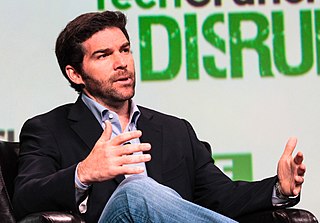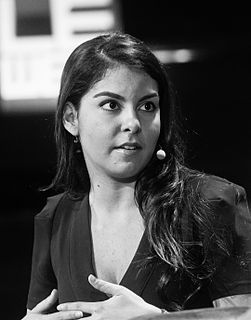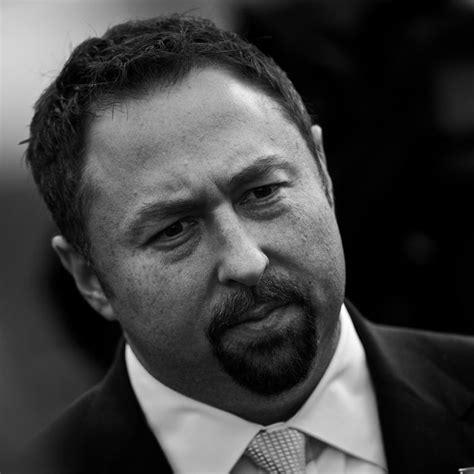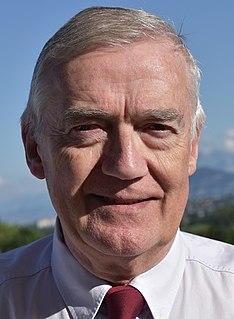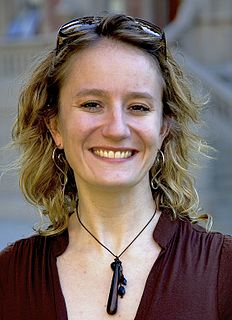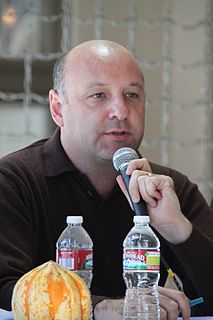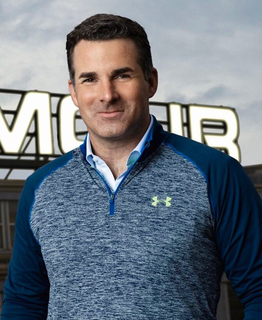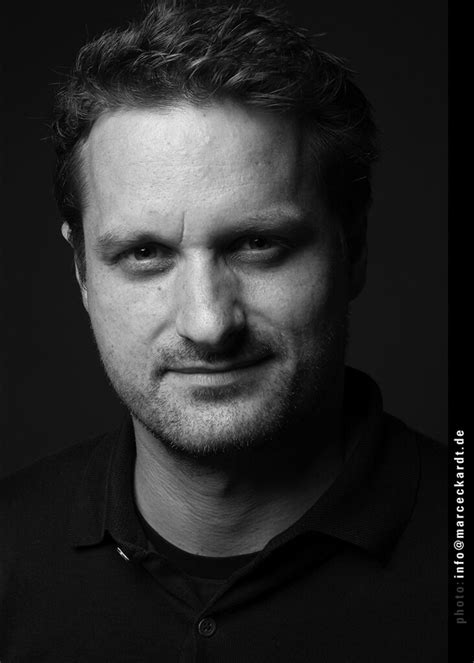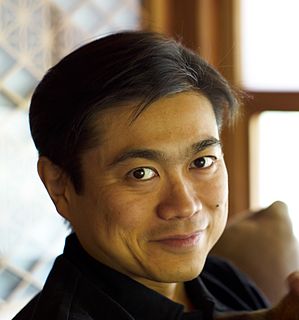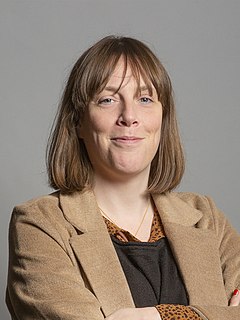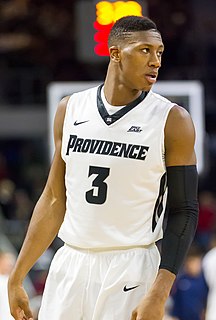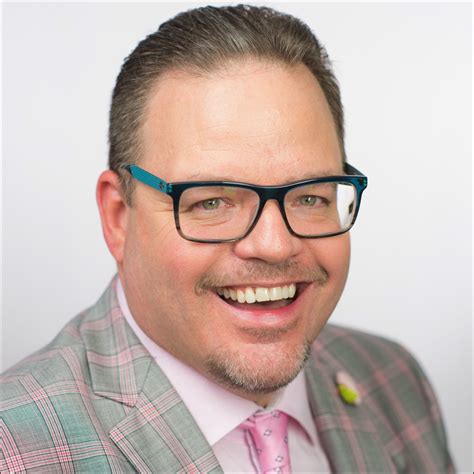Top 64 LinkedIn Quotes & Sayings
Explore popular LinkedIn quotes.
Last updated on April 14, 2025.
The reason the social-networking phenomenon is something that I invested in early and massively - I led the Series A financing for Friendster; I founded a company called Socialnet in 1997; I founded LinkedIn; and I was part of the first round of financing in Facebook - it sounds trivial, but people matter.
One of the most delightful parts of being a writer is connecting with people via social media. I devote ten minutes out of every writing hour to Twitter, Facebook, Goodreads, LinkedIn, Pinterest, and other sites. I don't use assistants for that. It's me and all of my friends, fans, readers, and colleagues on the crazyboat.
Build creative cultures, and work with purpose to unleash the creativity of your team. Creativity is the most valuable natural resource in any organization, yet it is often a resource that is largely untapped. The leaders that prioritize and invest in creative cultures will be the wall street darlings of tomorrow. In fact, they're the darlings of today (Facebook, Groupon, LinkedIn, etc).
I get my share of 'cold' requests via LinkedIn from people who are launching non-profit or for-profit ventures and who request a meeting to get my input or help. I wish I could say yes to all of them, but given limited bandwidth, I say yes to the subset who've written a compelling description of their work and who are underrepresented.
Building out a professional profile on LinkedIn certainly makes sense, and bolstering that CV with intelligent pieces of writing is also a great idea. But if you're going to take the time to create content, you should also take the time to create a home for that content that is yours and yours alone.
Our model is very, very different to LinkedIn. We only deal with very small companies. We don't have any support for recruiters. In fact, recruiters are not supposed to be on AngelList Talent. It's a direct market where we connect CEOs and the founders and the head of products with their talent directly.
When you think of a social network, you have these two-way interactions: "Are you my friend? Yes? No? Yes?" Like LinkedIn, it's business oriented, but it's all about establishing connections. You connect to me through my other connections, and that sort of thing, and you sort of define who your friends are. Twitter doesn't have that.

